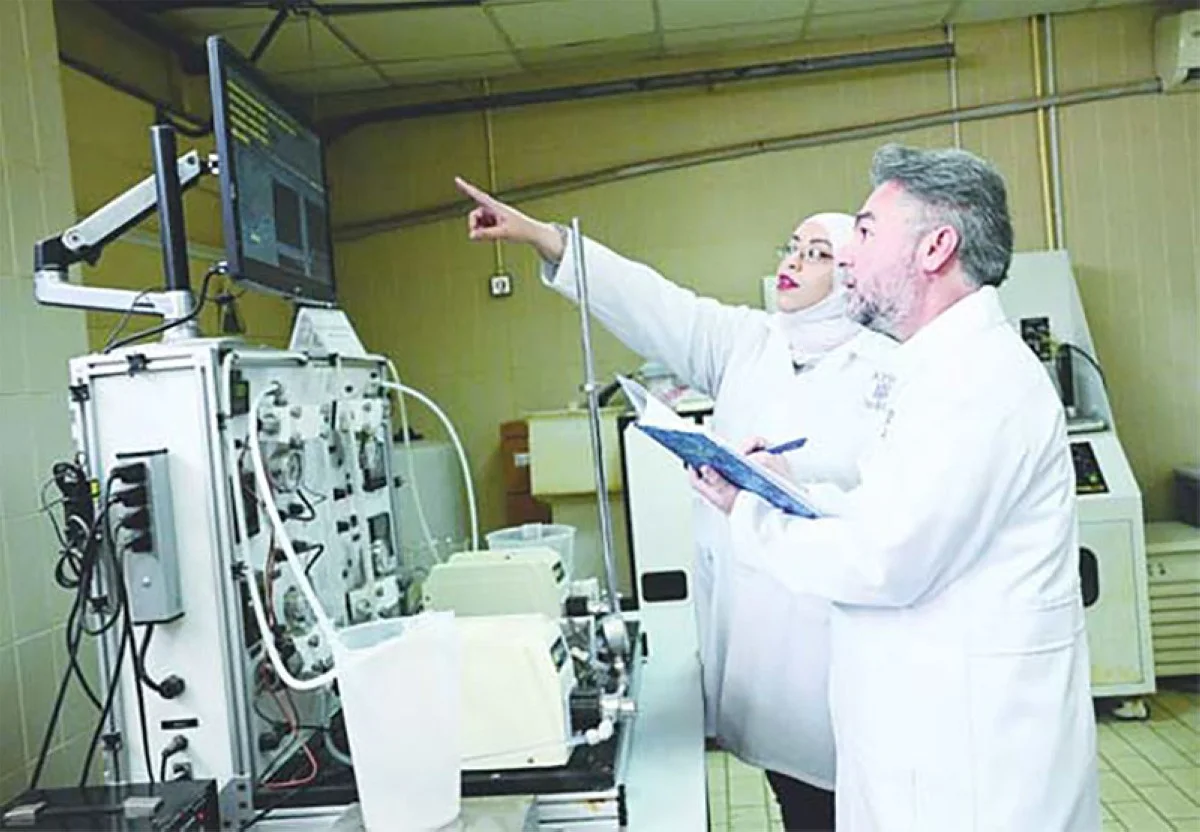16/09/2024
16/09/2024

KUWAIT CITY, Sept 16: The Kuwait Institute for Scientific Research is preparing to launch a groundbreaking project that introduces a novel technology for simultaneously desalinating seawater and generating energy.
This innovative approach combines forward osmosis and gas turbine technologies, marking a world first in terms of its design, operating mechanism, and production capacity for fresh water. This initiative positions Kuwait as a global leader in cutting-edge desalination technology. Dr. Mansour Ahmed, Director of the Water Desalination Technologies Program at the Institute, shared these insights during a tour of the Doha East Station. He noted that Kuwait currently operates eight seawater desalination plants -- seven managed by the Ministry of Electricity, Water, and Renewable Energy, and one operated by the private sector under the ministry’s supervision.
Dr. Ahmed emphasized that Kuwait utilizes the most advanced global technologies for desalination, including multi-stage flash distillation, multi-effect distillation, and reverse osmosis. He cautioned against installing reverse osmosis systems directly into residential freshwater networks. He further explained that no single technology can be deemed the best for all seawater desalination applications, as the ideal solution depends on various factors, such as the water’s salinity, turbidity, and chemical composition. Dr. Ahmed highlighted the significant energy demands of traditional desalination methods, which currently require the equivalent of burning 350,000 barrels of oil daily to meet the energy needs of consumers and desalination plants. He stressed the importance of transitioning to renewable energy to reduce harmful emissions like carbon dioxide while also allowing Kuwait to generate additional revenue by converting saved oil into financial returns for the state.


